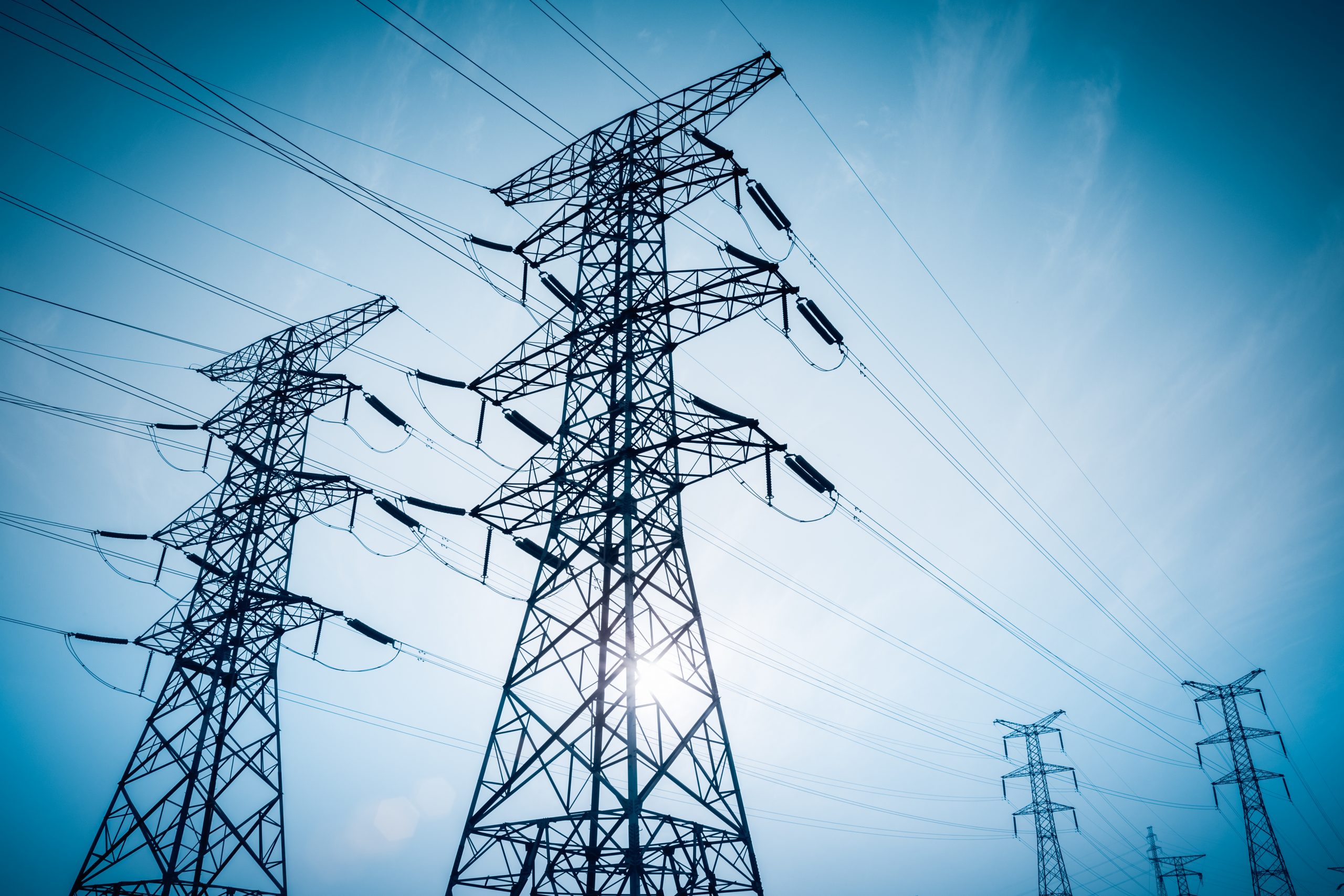
The European Commission has made legally binding, under EU antitrust rules, measures proposed by Greece to allow the competitors of Public Power Corporation (PPC), the Greek state-owned electricity incumbent, to purchase more electricity on a longer-term basis.
Greece submitted these measures to remove the distortion created by PPC’s exclusive access to lignite-fired generation, which the Commission and Union courts had found to create an inequality of opportunity in Greek electricity markets. The proposed remedies will lapse when existing lignite plants stop operating commercially (which is currently expected by 2023) or, at the latest, by 31 December 2024.
Executive Vice-President Margrethe Vestager, in charge of competition policy, said: “Today’s decision and the measures proposed by Greece will enable PPC’s competitors to better hedge against price volatility, which is a vital element for them to compete in the market for retail electricity and offer stable prices to consumers. The measures work hand in hand with the Greek plan to decommission its highly polluting lignite-fired power plants by discouraging the usage of these plants, fully in line with the European Green Deal and the EU’s climate objectives.”
The Commission’s concerns
In its decision of March 2008, the Commission found that Greece had infringed competition rules by giving PPC privileged access rights to lignite. Competitors of PPC in the electricity market could not compete efficiently with PPC in the Greek market because they were denied access to lignite. By maintaining quasi exclusive access to lignite in favour of PPC, Greece has allowed PPC to maintain its dominant position in the electricity wholesale market.
The Commission called on Greece to propose measures to correct the anti-competitive effects of that infringement.
The remedies submitted by Greece
Due to appeals at both the General Court and European Court of Justice, and difficulties with the implementation of a previous remedies submission, such corrective measures have not been implemented so far.
On 1 September 2021, Greece submitted an amended version of the remedies. In particular, the measures proposed by Greece set out that:
- PPC will sell quarterly forward electricity products on the organised exchanges of the European Energy Exchange (EEX) and/or the Hellenic Energy Exchange (HEnEx). As a result, buyers will obtain electricity at a stable price every day during the quarter in question. This will enhance the ability of PPC’s competitors to source wholesale electricity on the forward market and hedge against price volatility.
- PPC will obtain a net seller position on EEX and/or HEnEx, meaning that its sales of the forward electricity products in question should exceed its purchases by a certain volume. This will ensure that sufficient volumes of wholesale electricity are made available to competitors. The volumes to be sold are calculated as a share of PPC’s lignite-fired generation. Therefore, the obligation on PPC decreases proportionally in line with its lignite-powered generation.
- The obligations on PPC in terms of the timing of the sales and of the deliveries will give PPC’s competitors the ability to hedge against price volatility for a sufficiently long period in advance.
The Commission consulted the proposed measures with market participants, who indicated that they are appropriate to address the Commission’s competition concerns, subject to a number of amendments which are the subject of today’s Decision.
The Commission has concluded that the proposed measures fully address the infringement identified by the Commission in its 2008 Decision, in light of the Greek plan to decommission all existing lignite-fired generation by 2023 in line with Greece’s and the EU’s environmental objectives.
The volumes that PPC is expected to sell to its competitors are directly linked to the amount of its lignite-fired generation but the remedies do not require PPC to fulfil the volumes it has to sell using lignite fired generation. PPC will have full discretion to fulfil these volumes with any of the generation assets in its portfolio, including gas-fired generation, hydropower or other renewables.
Background
Following the Commission decision of March 2008, Greece submitted a number of measures to ensure access by competitors of PPC to lignite and lignite-fired generation in the Greek electricity market. Those measures were made binding by a Commission Decision of 4 August 2009 but have never been implemented.
The 2008 and 2009 Commission decisions were appealed by PPC. In September 2012, the General Court overturned these decisions, putting on hold the implementation of remedy measures by Greece. The Commission then appealed against the General Court’s judgment. In July 2014, the Court of Justice set aside the judgment and referred the cases back to the General Court. Finally, in December 2016, the General Court confirmed both decisions (see DEI v Commission T-169/08 RENV and DEI v Commission T-421/09 RENV), making the Commission’s decisions final and binding.
On 30 June 2017, the Council adopted a Decision to make binding upon Greece its obligation to remedy the Commission’s competition concerns also in the context of the third economic adjustment programme. Following Greece’s successful completion of this economic adjustment programme in August 2018, this specific commitment was subsequently being monitored under enhanced surveillance.
On 17 April 2018, the Commission adopted a Decision to make binding measures submitted by Greece to resolve the Commission’s competition concerns, in particular by requiring PPC to divest certain of its lignite-fired plants. However, this divestment was never implemented. In 2019, Greece announced its plan to decommission all lignite-fired production plants (initially by 2028 and now tentatively by 2023), rendering the divestment of such plants inefficient and reducing the ability to find a purchaser that would be incentivised to employ the asset for the purpose of competing with PPC.
Until the foreseen decommissioning takes place, Greece has submitted revised measures that will serve to remedy PPC’s inequality of opportunity directly stemming from its exclusive access to lignite-fired generation.
Latest News

WTTC: Travel & Tourism to Create 4.5M New Jobs in EU by 2035
This year, international visitor spending is set to reach 573 billion euros, up by more than 11% year-on-year

IMF: US Tariffs Shake Global Economy, Outlook Downbeat
IMF slashes global growth forecast to 2.8% as U.S. tariffs create uncertainty and ‘negative supply shock

First Step Towards New Audiovisual Industry Hub in Drama
The project is set to contribute to the further development of Greece’s film industry and establish Drama as an audiovisual hub in the region

Airbnb Greece – Initial CoS Ruling Deems Tax Circular Unlawful
The case reached the Council of State following annulment applications filed by the Panhellenic Federation of Property Owners (POMIDA)

Mitsotakis Unveils €1 Billion Plan for Housing, Pensioners, Public investments
Greek Prime Minister Kyriakos Mitsotakis has announced a new set of economic support measures, worth 1 billion euros, aiming to provide financial relief to citizens.

Alter Ego Ventures Invests in Pioneering Gaming Company ‘Couch Heroes’
Alter Ego Ventures' participation in the share capital of Couch Heroes marks yet another investment by the Alter Ego Media Group in innovative companies with a focus on technology.

Corruption Still Plagues Greece’s Driving Tests
While traffic accidents continue to claim lives on Greek roads daily, irregularities and under-the-table dealings in the training and testing of new drivers remain disturbingly widespread

Pope Francis Died of Stroke and Heart Failure Vatican Confirms
As news of the official cause of death spread, tributes poured in from across the globe. The 1.4 billion-member Catholic Church is united in grief, remembering a pope who championed inclusion, justice, and compassion

Increase in Both Museum Visits, Revenues for 2024
As expected, the Acropolis was the top archeological site in the country, followed by Sounion, Mycenae, the ancient theater of Epidaurus, and Vergina in northern Greece

Where Greece’s Tourists Come From: A Look at 2025’s Top Visitor Markets
The United Kingdom continues to hold the top spot as the largest source of incoming tourism, with 5.6 million seats booked for Greece this summer — up 2.2% from last year. This accounts for 20% of all international air traffic to Greece
















![Ξενοδοχεία: Μεγάλο το ενδιαφέρον για επενδύσεις στην Ελλάδα – Η θέση της Αθήνας [γραφήματα]](https://www.ot.gr/wp-content/uploads/2025/03/Athens-hotels-90x90.jpg)
























 Αριθμός Πιστοποίησης
Αριθμός Πιστοποίησης